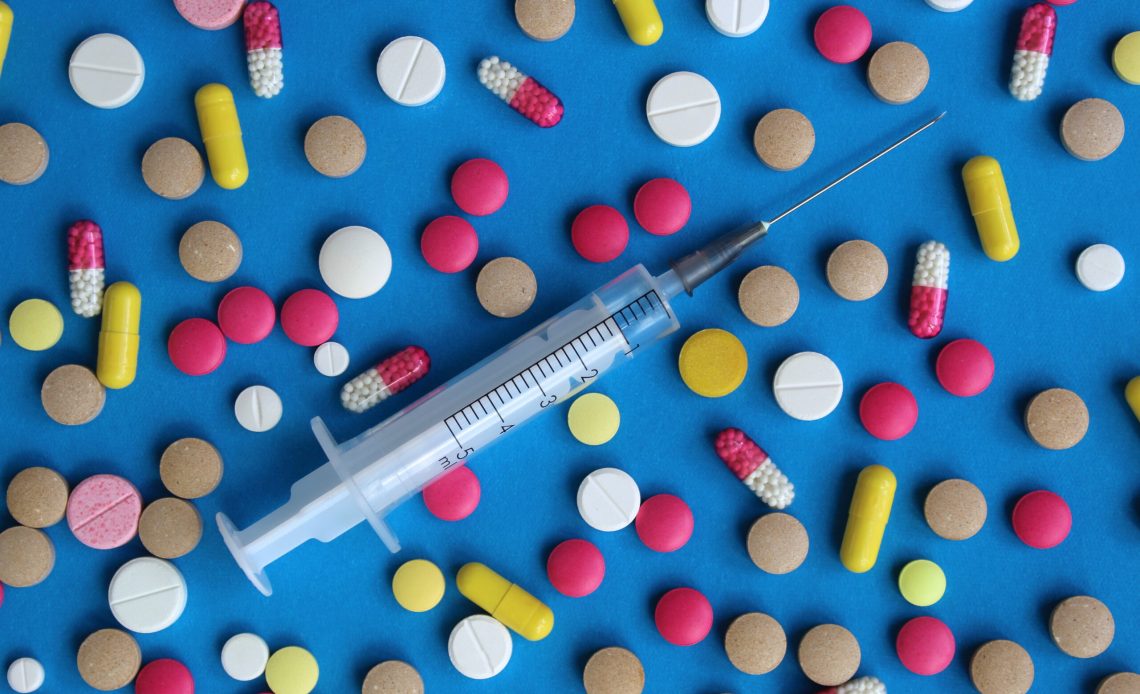
Eli Lilly & Co’s experimental obesity pill orforglipron helped patients lose 9.6% of their body weight in a late-stage trial, moving the drug a step closer to potential approval.
The company announced results on Tuesday from the study, which is the second of two pivotal trials designed to demonstrate the safety and effectiveness of the treatment to global regulators.
The outcome follows a separate trial earlier this month that disappointed investors who had anticipated greater weight loss and lower rates of side effects.
Despite those concerns, the latest findings are expected to strengthen Lilly’s case as it prepares to seek approval by year-end.
Eli Lilly stock jumps
Shares of Eli Lilly rose as much as 2.8% in premarket trading following the announcement.
The stock is down almost 10% so far this year, compared with a 9.5% gain for the S&P 500.
Rival Novo Nordisk shares pared losses in Copenhagen, where they were last down 2%.
Weight-loss drugs developed by Lilly and Novo Nordisk have transformed the treatment of obesity, but injectable therapies have so far dominated the market.
Pills are viewed as critical to expanding access to patients in what analysts expect will become a $95 billion industry by 2030.
Details of Eli Lilly’s trial
The trial, known as ATTAIN-2, included more than 1,600 participants with obesity and type 2 diabetes, a group that typically faces greater challenges with weight loss.
Patients were randomised to receive one of three target doses of orforglipron or a placebo.
Doses were increased at four-week intervals until participants reached their final target level.
Patients taking the highest dose of orforglipron lost an average of 10.5% of their body weight, or 22.9 pounds, over 72 weeks.
Those on placebo lost an average of 2.2%. When including all participants regardless of treatment discontinuation, the overall weight loss for the pill was measured at 9.6%.
More than half of patients on the highest dose lost at least 10% of their weight, and 28.4% achieved a weight reduction of at least 15%.
The study also showed significant improvement in blood sugar control.
Haemoglobin A1c levels, a key measure for type 2 diabetes, dropped enough that most patients no longer met diagnostic criteria for the disease by the end of the trial.
Lilly reported that side effects were generally consistent with previous late-stage studies of orforglipron.
Most were gastrointestinal in nature. About 10.6% of participants discontinued treatment due to side effects.
The company said more detailed results will be presented at an upcoming medical meeting and published in a peer-reviewed journal.
Tuesday’s update marks the third set of late-stage data Lilly has released on orforglipron this year.
In April, the pill succeeded in a shorter phase three trial involving diabetes patients without obesity.
With the latest results in hand, Lilly said it remains on track to file for regulatory approval before the end of 2025, which could put the treatment on pharmacy shelves as early as 2026.
The post Eli Lilly stock jumps in pre-market trading: what’s driving the surge? appeared first on Invezz






